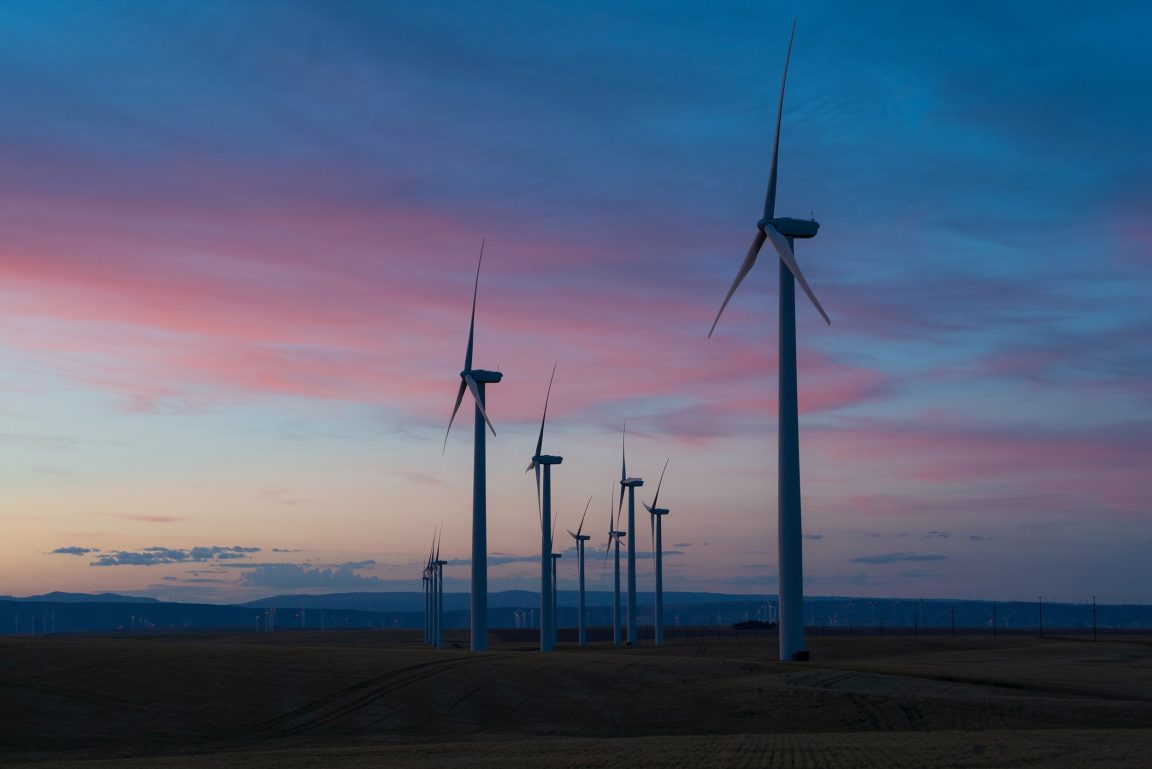Is ’offset’ a dirty word?
Carbon offsetting is an action or activity that compensates for the emission of carbon dioxide or other greenhouse gases to the atmosphere.
Companies and individuals can carbon offset by funding projects that remove greenhouse gases from the atmosphere or prevent them from being released in localised areas in order to compensate for emissions made elsewhere. Carbon offsetting schemes like this help to protect rainforests, increase the use of renewable energy and help restore ecosystems; all of which generate positive outcomes for our environment.
So why is the term ‘offset’ facing increased criticism?
In order to limit global warming to 1.5 degrees Celsius — a threshold the Intergovernmental Panel for Climate Change (IPCC) suggests is safe — carbon neutrality by 2050 is essential. In order to achieve this, all worldwide greenhouse gas emissions must be equal to or less than the amount removed by carbon sequestration. In order to meet this goal, businesses and individuals across the globe must actively reduce their own emissions. For many businesses this could require huge internal changes; from manufacturing processes to staff travel and from energy usage to logistics. At first glance, actively reducing emissions has the potential to be a timely and sometimes costly process. But by simply offsetting carbon emissions elsewhere instead, many businesses feel they can continue their current practice and pay other companies to do the hard work for them. Although it demonstrates a keen desire to help the planet, it’s doing so without taking full accountability for their own actions. A form of forwarded responsibility, if you like.
Offsetting also allows individuals to shift responsibility. If you can tick a carbon offset button when booking a flight, or pay for a subscription which offsets your commute, what incentive do you have to reduce those emissions yourself. You’ve done your bit, right? As individuals, we need to be held responsible for our own carbon footprint too. Protecting our environment and reducing emissions is everyone’s responsibility.
However, although offsetting may have its limits, it should certainly still be celebrated. It’s not always possible to make the climate positive changes that we’d like to. For example, we may live in a rented home we cannot change. Alternatively, we may want to swap our commute by car for public transport but not have access to appropriate lines. That’s why companies like Ecologi (previously named ‘Offset Earth’) offer businesses and individuals opportunities to offset carbon, actively restore ecosystems and repair the planet through funded projects. When making changes is not currently possible, offsetting is the perfect stand-in.
Last week, David Attenborough’s new documentary ‘A Life on our Planet’– his self-proclaimed witness statement — was another vital reminder that we all have a vital role to play in fighting the climate crisis. I may not be here to see it," he said, "but if we make the right decisions at this critical moment, we can safeguard our planet's ecosystems, its extraordinary biodiversity and all its inhabitants." His final line concluded with, "what happens next is up to every one of us.”
In conclusion, perhaps offset is not a dirty word. It’s an incredibly effective incentive towards achieving our global goal of carbon neutrality. But it cannot stand alone. The reduction of greenhouse gasses emitted in the first instance is vital and as a global community of companies, governments and individuals — we must all take full responsibility for the actions we take as guests on this planet.



